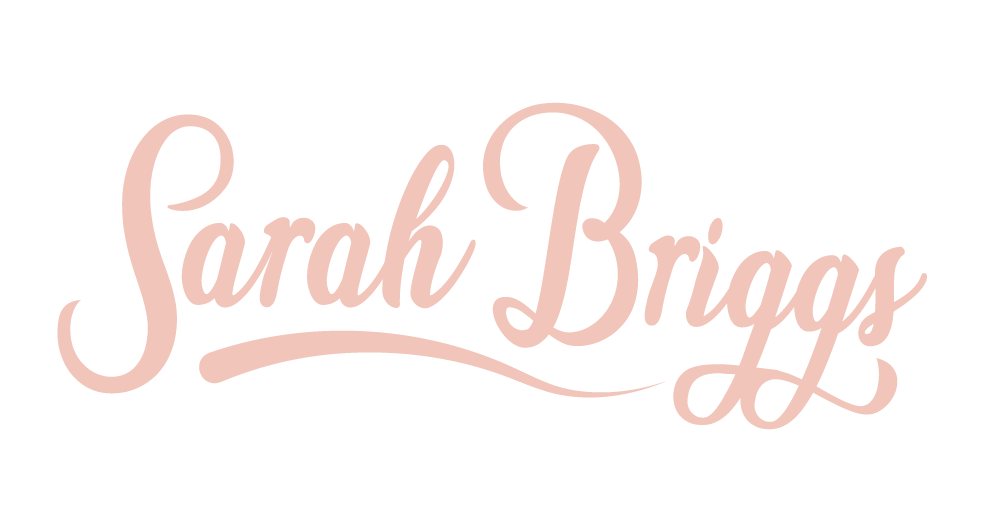
Trauma-focused CBT
Thoughts matter. Thoughts affect how we feel and how we behave in daily life. These are the central tenets of CBT (Cognitive Behavioural Therapy) founded by Ellis and Beck mid-20th century.
However, human minds have a massive capacity to invent thoughts which harden into fixed beliefs. This is especially true when we’ve been through difficult experiences: being hurt, angered, betrayed, humiliated, traumatised.
All too often these fixed beliefs create stuck points in our minds which are hard to shift, often because of the strong emotions attached to each belief.
Fortunately, Cognitive Behavioural Therapy (CBT) has a proved track record for anxiety, depression, and relationship problems. It has been used successfully for sexual difficulties and for overcoming events in the past which overshadow the present, giving a gloomy forecast into the future.
CBT has been proven in many research studies to change thought patterns favourably. This enables people to move forward with less fear and depression, living more fully day by day.
Trauma-focused CBT came from the recognition that trauma has a negative impact on thoughts and beliefs. So trauma-focused CBT is CBT with extra depth to sift through traumatic experiences. Often the portal for identifying the stuck belief is confronting the difficult activation going on at the current time. Using each of these examples creates the key to unlocking the negative thought behind each uncomfortable moment.
The trauma focus involves psycho-education about how high-impact memories affect our thinking. This gives you a toolkit for neutralising negative thoughts so you can create a more enabling mindset for the future (without trauma being a spanner in the workings of your mind).
I am trained in CPT (Cognitive Processing Therapy) which is a recognised form of TF-CBT. TF-CBT is recommended in the UK’s NICE guidelines for treating PTSD [NG116]. But you don’t need a PTSD diagnosis to benefit from TF-CBT. Anyone can learn the tools in this toolkit.
To find out more about how this approach might be useful for you, do get in touch by booking a free 30-minute call.


